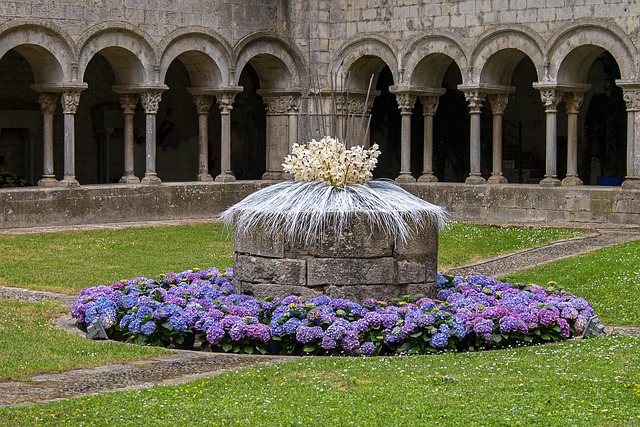The physical layout of real estate significantly impacts a city's ability to foster innovation and entrepreneurship. Strategically designed spaces like shared workspaces, co-working facilities, and incubators attract entrepreneurs and promote collaboration. Proximity to academic institutions and mixed-use districts further stimulates innovation by encouraging idea exchange and diverse talent convergence. Tech hubs with open floor plans, community spaces, and integrated technology create an environment amplifying innovative ideas and driving productivity. The real estate sector is shifting towards flexible, collaborative workspaces, reshaping urban landscapes and meeting startup needs globally. Modern ecosystems thrive in shared offices and incubators focusing on collaboration, networking, and mentorship, with strategic design emphasizing vibrant tech-focused hubs that draw talent and stimulate growth. Location, accessibility, digital infrastructure, and community support are key factors contributing to the success of these tech hubs.
In today’s tech-driven landscape, real estate plays a pivotal role in fostering innovation and entrepreneurship. The design and development of spaces dedicated to tech hubs are transforming how startups thrive, collaborate, and grow. This article explores the intricate relationship between real estate and entrepreneurial spirit, delving into trends that shape startup ecosystems. From strategic location choices to thoughtful space planning, discover how real estate trends are revolutionizing the future of innovation, nurturing a vibrant ecosystem for aspiring businesses.
The Role of Real Estate in Fostering Innovation and Entrepreneurship

The physical landscape of a city, shaped by its real estate, plays a surprisingly pivotal role in nurturing and amplifying innovation and entrepreneurship. The design and availability of spaces can either facilitate or hinder the growth of tech hubs and startups. For instance, vibrant, shared workspaces, modern co-working facilities, and incubators attract entrepreneurs, fostering collaboration and creativity. These environments provide access to resources, mentorship, and networking opportunities—all integral for budding ventures.
Moreover, real estate considerations like proximity to universities and research institutions can stimulate innovation by bridging the gap between academic ideas and practical applications. Cities that intentionally develop mixed-use districts, combining residential, commercial, and recreational spaces, create a thriving ecosystem where diverse talents converge, leading to dynamic, disruptive startups. Thus, thoughtful urban planning through real estate development is a key driver in cultivating an entrepreneurial spirit.
Tech Hubs: Designing Spaces that Cultivate Entrepreneurial Spirit

Tech hubs are meticulously designed spaces that go beyond conventional office setups, aiming to cultivate and amplify entrepreneurial spirits. These environments are crafted with an understanding that collaboration, inspiration, and access to resources are pivotal for fostering innovative ideas and ventures. Real estate plays a significant role in shaping these hubs; open floor plans encourage interaction and creativity, while shared workspaces offer flexibility and cost savings, attracting startups and entrepreneurs.
The ambiance of tech hubs is carefully curated to promote a sense of community and purpose. This includes strategic placement of common areas, cafes, and recreational spaces, fostering informal gatherings and cross-pollination of ideas. The real estate strategy also involves integrating technology seamlessly, providing high-speed internet connectivity and smart building features that enhance productivity and efficiency for residents.
Real Estate Trends Shaping the Future of Startup Ecosystems

The real estate landscape is undergoing a transformation, driven by the rising demand for flexible and collaborative workspaces among startups and tech companies. This trend is reshaping urban landscapes, with cities worldwide rethinking their commercial property offerings to cater to the dynamic needs of these innovative enterprises. Modern startup ecosystems thrive on shared offices, co-working spaces, and incubators that foster collaboration, networking, and mentorship—all facilitated by strategic real estate design.
Real Estate trends are increasingly focusing on creating vibrant, tech-centric hubs that attract talent and fuel entrepreneurial growth. These spaces prioritize open layouts, ample natural lighting, and state-of-the-art technology to cater to the modern startup’s requirements. Moreover, location plays a pivotal role, with many startups seeking out areas offering easy accessibility, robust digital infrastructure, and a thriving community of like-minded businesses—all factors that contribute to the overall success and sustainability of these tech hubs.






